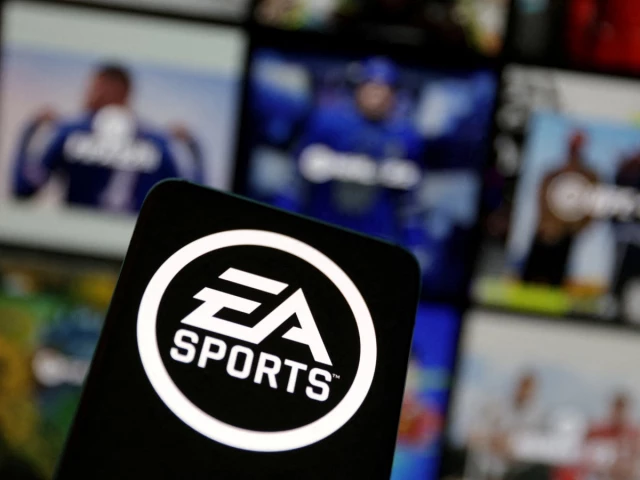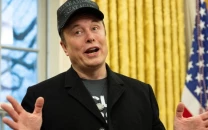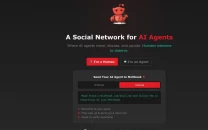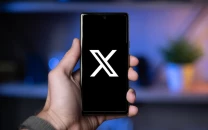EA leaves Wall Street — next level or game over?
Shareholders and regulators hold the key to EA’s record-breaking buyout

Electronic Arts just hit pause on Wall Street. The gaming giant is going private in a jaw-dropping $55 billion all-cash deal, with Saudi Arabia’s Public Investment Fund, Silver Lake, and Affinity Partners stepping in as the new “players one, two, and three.” Shareholders will cash out at $210 a share, a move EA is calling the biggest all-cash take-private deal in history. Talk about unlocking an achievement.
In the middle of a consolidation spree, EA is hitting the reset button. By leaving public markets, it’s ditching the quarterly grind for the agility of private ownership. Bloomberg notes that the move reflects slowing growth in gaming and mounting investor pressure on publishers to squeeze more out of existing franchises. With evergreen franchises like Madden, The Sims, and Battlefield, EA says this structure will let it “move faster” globally, but analysts warn that less transparency could also mean less accountability for how that power is used.
The deal breakdown
The buyout is powered by a mix of equity and debt, with JPMorgan acting as lead lender. According to Investopedia, the price tag includes a 25% premium over EA’s pre-rumor trading levels. EA shares had already climbed nearly 40% in 2025 before this news gave them a final XP boost.
#EA just sold itself for $55 Billion in an all cash deal, here's what you should know 💰 pic.twitter.com/wrQxnhnk6c
— GameSpot (@GameSpot) September 29, 2025
Analysts quoted in Barron’s point out that the leveraged structure means EA will be carrying significant debt into its new life as a private company, potentially constraining how aggressively it can invest in new ideas. That financial pressure could shape the kinds of games EA prioritizes post-deal.
What are the experts saying
On paper, this is a power-up: investors are betting on EA’s ability to keep farming profits from evergreen titles. The Verge frames it as a strategic wager on franchises that “respawn revenue” every year. But not everyone’s cheering. Jason Schreier of Bloomberg has warned that private equity deals often mean “a lot of job losses” and tighter margins, with less room for speculative or risky projects.
Read: Minecraft faces a class-action storm: small creator vs. Mojang and Microsoft
Analysts see this as a strong bet on EA’s evergreen titles, franchises that respawn profits year after year. Add in the Saudi PIF’s growing footprint in global entertainment, and you’ve got a geopolitical boss battle in the background. Fans on Reddit and X are already split between excitement over bold new possibilities and fears of loot-box-style monetization creeping in.
The missing pieces
What hasn’t dropped yet? The roadmap. EA hasn’t explained how studios like DICE, BioWare, and Respawn will be run under private ownership, or whether creative freedom will take a nerf. Layoffs are a looming risk: Bloomberg’s Jason Schreier warned of “a lot of job losses” and tighter margins, while analysts like Eric Kress note private deals often reduce transparency and make bold new projects harder to greenlight.
On top of that, the deal still needs shareholder approval, regulatory clearance, and possibly a US national security review thanks to Saudi Arabia’s PIF stake. That’s a lot of boss fights before this acquisition reaches the final level.
For now, the flashy price tag may be the cutscene, but the real campaign, managing creative teams, fending off cost cuts, and surviving regulatory dungeons is still to be played. Until then, EA’s future is paused on a “Press Start to Continue” screen.
Big picture
This takeover marks another milestone in the M&A marathon of the gaming world. Microsoft’s $69 billion acquisition of Activision Blizzard was the prior marquee move, now EA is pulling the next power play by heading offline. With fewer “big boss” publishers left publicly traded, private ownership is fast becoming the default meta for flagship game studios.
Read more: DNA tech solves the unsolvable, Sora 2 goes full fake, and a possible alien comet
Analysts have flagged this shift as a double-edged sword: it can strip away market pressures, but also sideline public oversight and creative risk-taking. Bloomberg commentary warns that private equity’s mantra of “optimize cost, maximize returns” may put pressure on big ambitious projects to level down rather than level up. Meanwhile, the Financial Times highlights how investors are betting heavily on AI to reduce development costs, a gamble that could tilt the risk/reward balance for EA under private eyes.
What's next?
First up: a shareholder vote, where EA’s investors must approve the merger. If that passes, the deal must still clear regulatory dungeons and probably face foreign-investment or national-security scrutiny due to PIF’s role.
Assuming those checks are cleared, the real test begins: will going private let EA swing big, taking bold risks in live services, mobile growth, cloud gaming or will debt burdens and return targets force safer sequel cycles? Wedbush analysts believe the move could “boost EA’s lagging mobile revenue and create meaningful value,” suggesting opportunity if execution is bold. But Bloomberg cautions that the gaming sector’s growth has slowed, meaning EA’s new owners will be juggling high-stakes financial leverage against softening market momentum. Either way, this is about more than a deal, it’s a reboot of how AAA studios might be governed for years.



















COMMENTS
Comments are moderated and generally will be posted if they are on-topic and not abusive.
For more information, please see our Comments FAQ